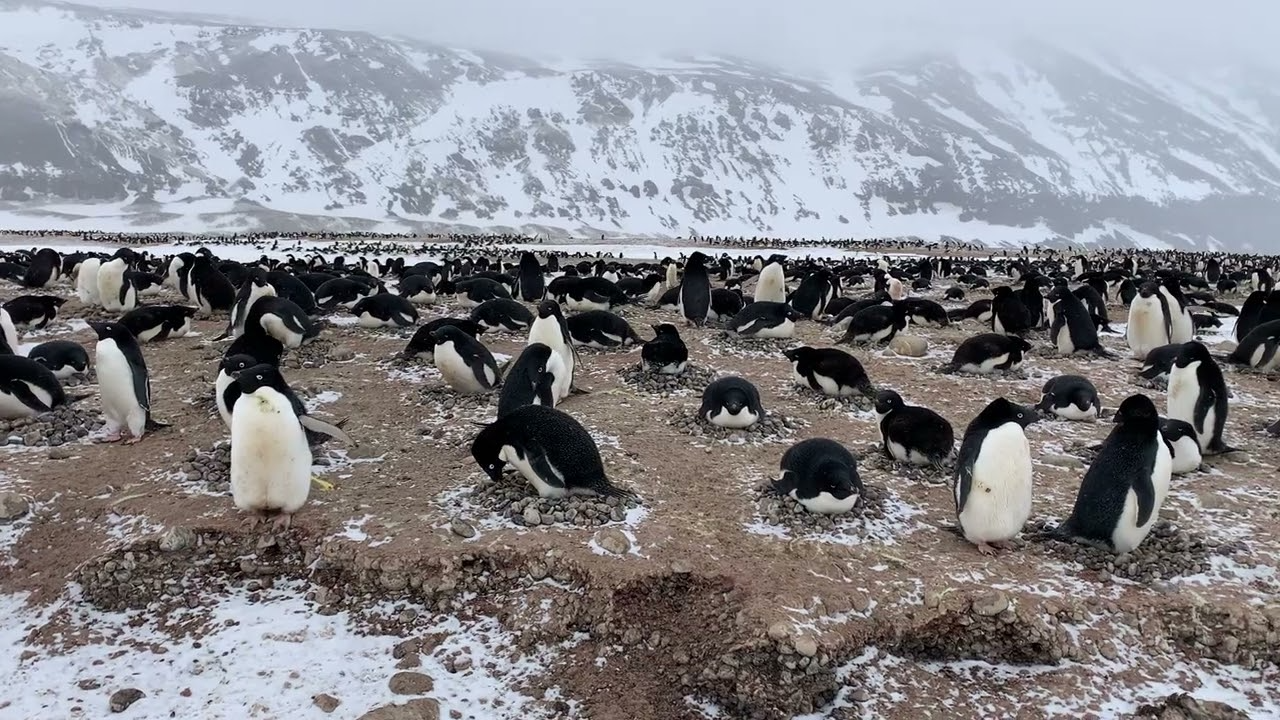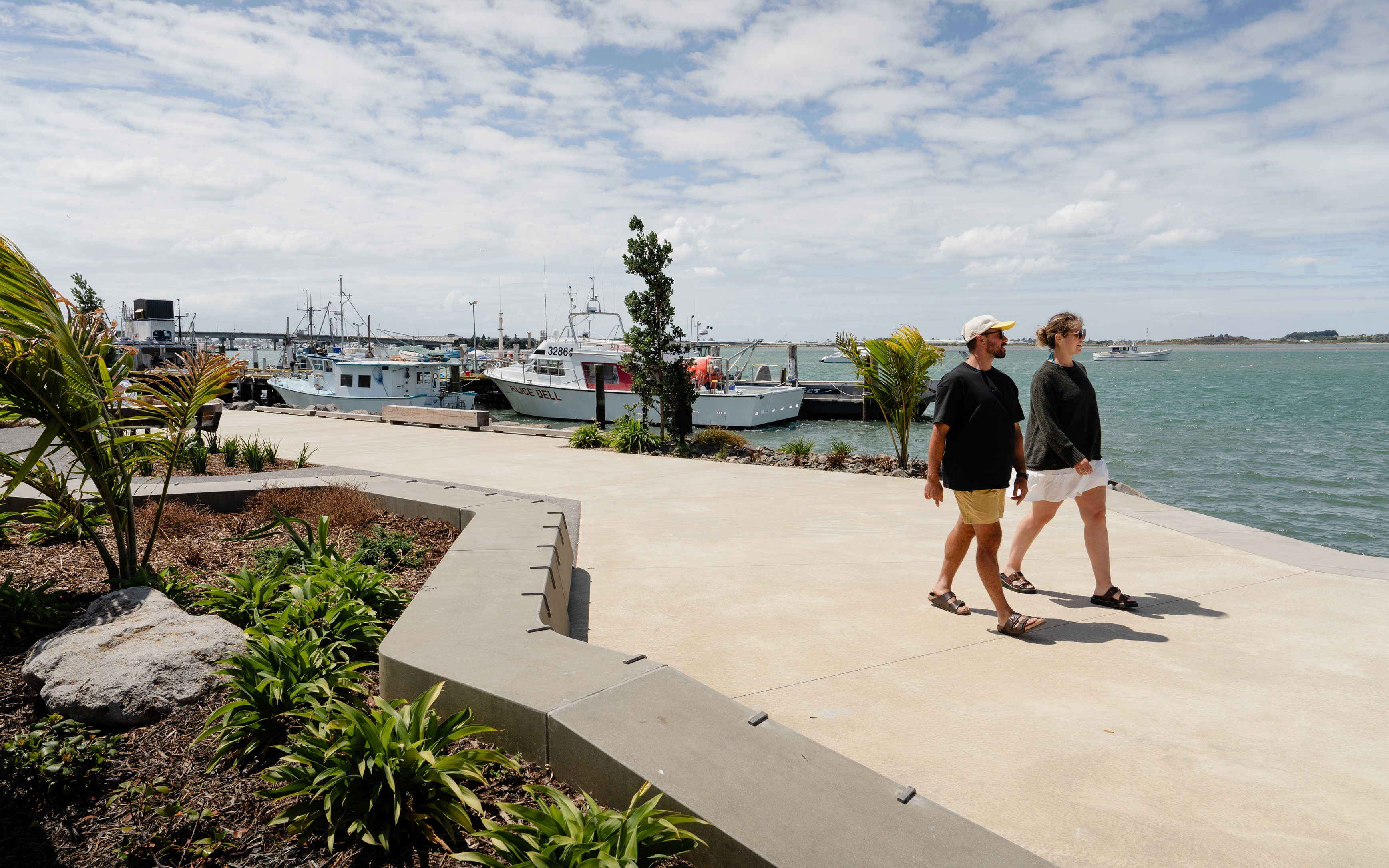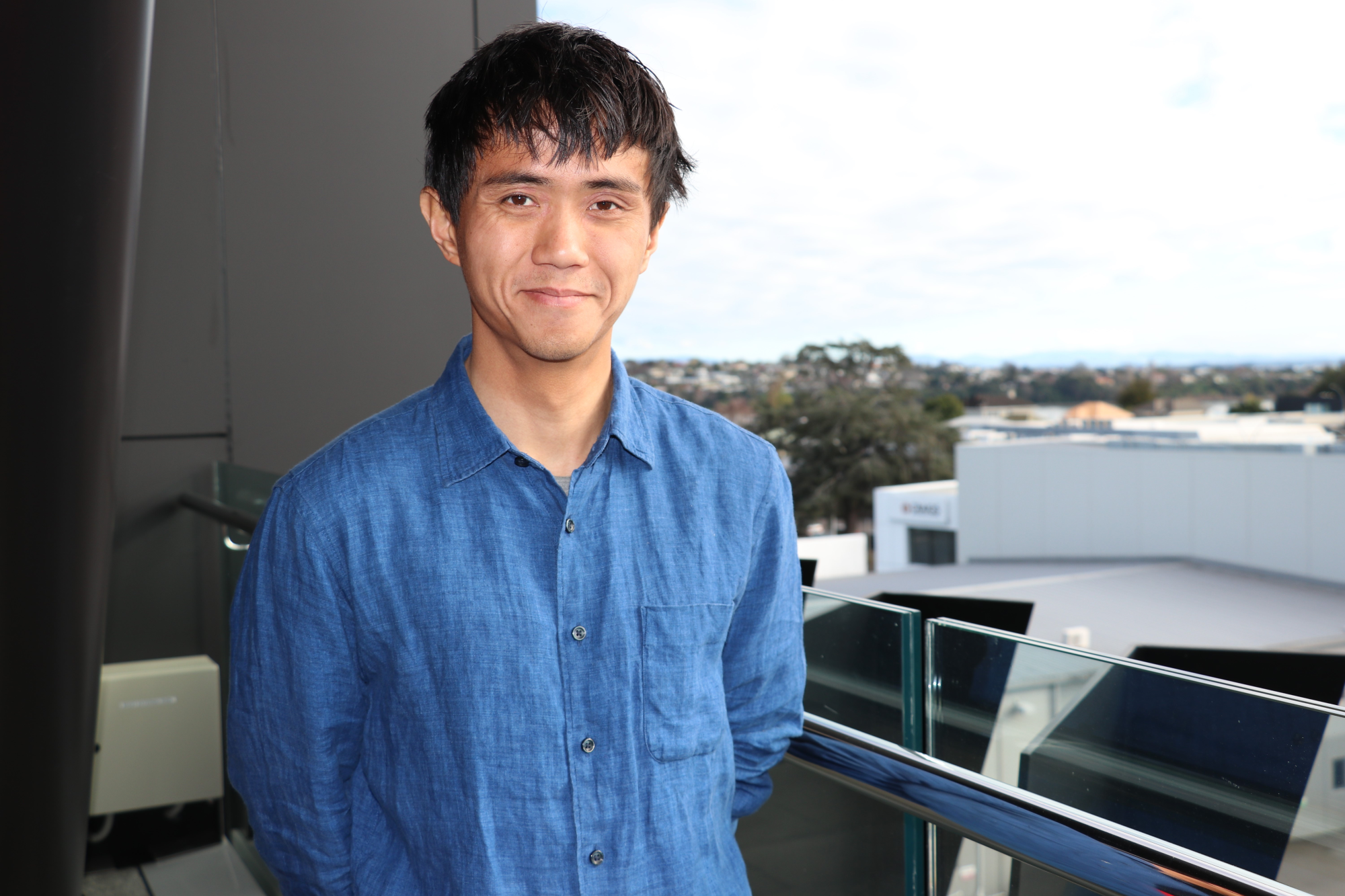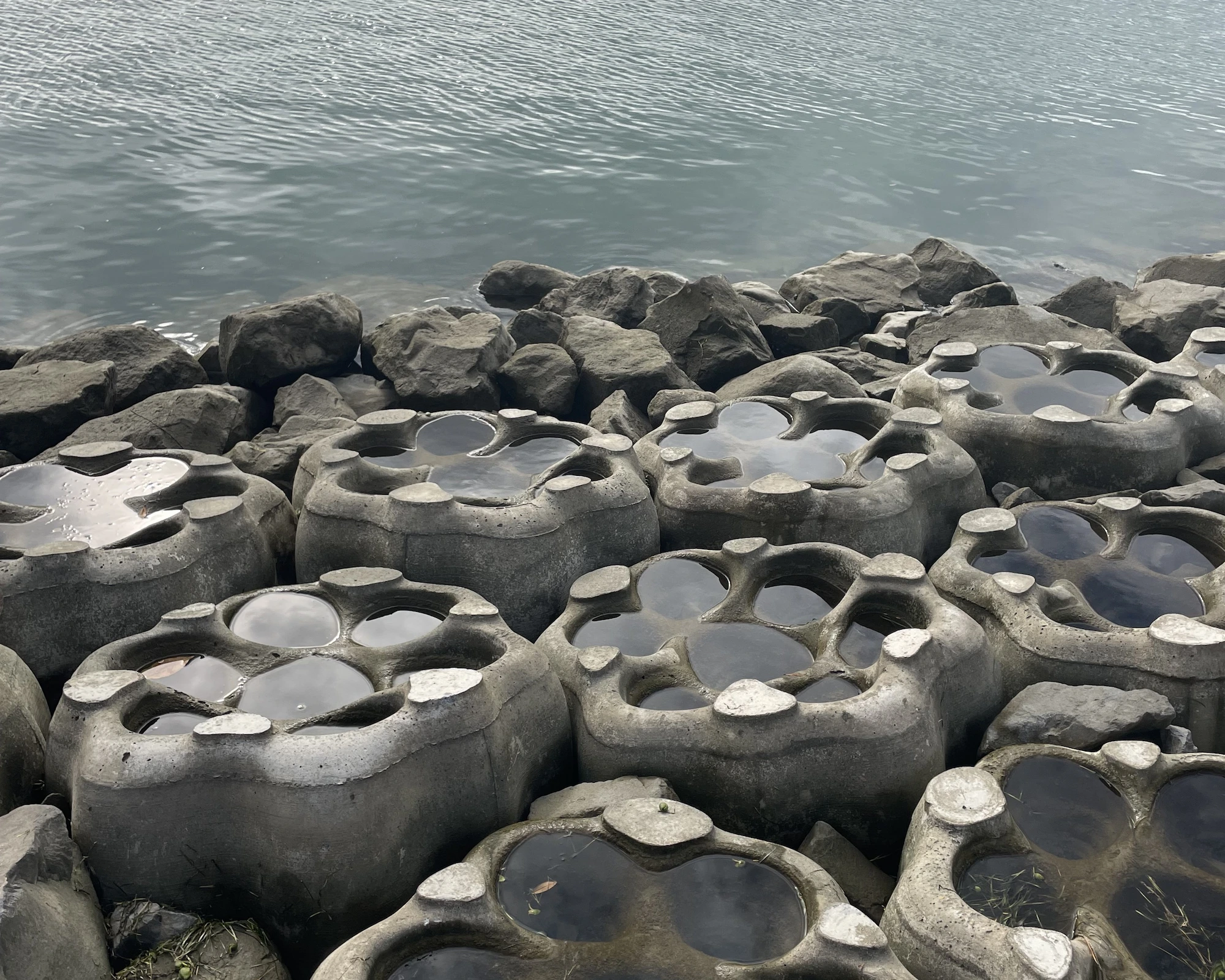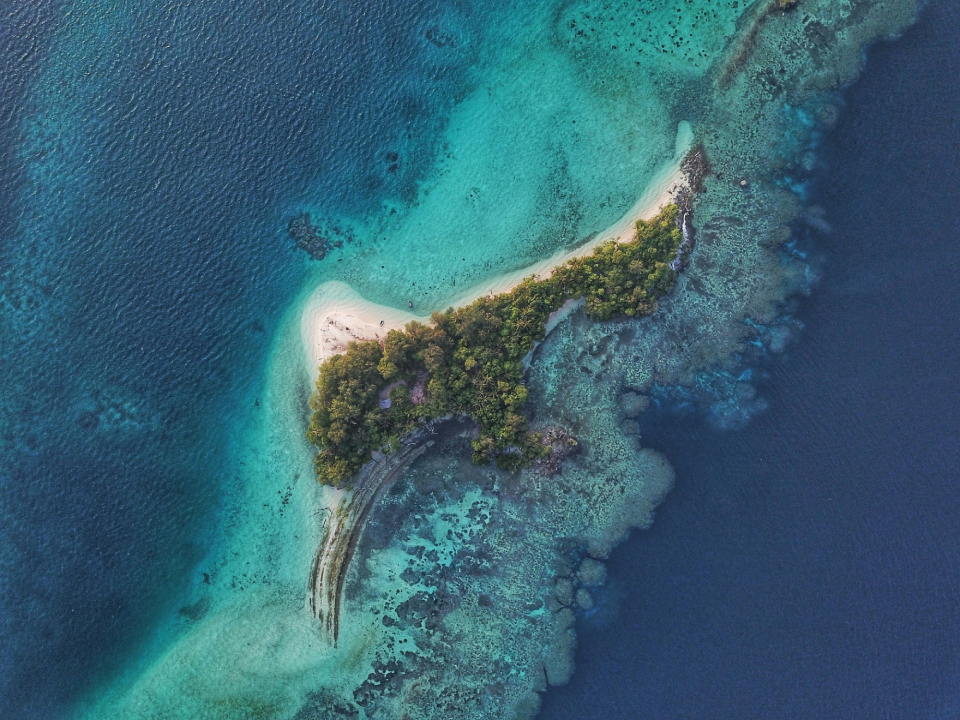Professor Craig Cary wasn’t planning to spend part of his 2022/23 Antarctic deployment trekking around a penguin colony, collecting poo samples. Fortunately for the penguins, a rapid response to the threat of bird flu resulted in exactly that.
With support from The University of Waikato (UOW) Environmental Research Institute (ERI) and Antarctica New Zealand, Professor Cary undertook a world first survey for bird flu in Victoria Land.
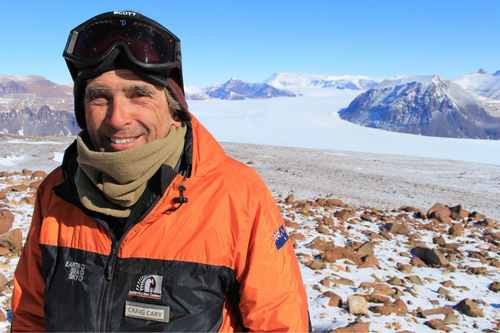
Professor Cary is no stranger to penguin poo.
In mid 2022 the Scientific Committee on Antarctic (SCAR) sounded the alarm to scientists and other operators in Antarctica, of an impending threat from the North – the highly contagious bird flu - avian influenza H5N1. The virus has the potential to seriously undermine penguin colonies and Antarctic ecosystems, already under stress from climate change.
“Can we tolerate the possible loss of an iconic species? I think it’s encoded in human DNA, that we’re global stewards … It’s rare to get to do something at this level of potential importance,” Professor Cary says.
 The colony is high risk for disease spread because of the density of population and notoriously grubby habits of the Adelie penguin.
The colony is high risk for disease spread because of the density of population and notoriously grubby habits of the Adelie penguin.
From early 2022 scientists have been tracking the increasing intensity of H5N1 outbreaks. Hundreds of thousands of seabirds have died and an estimated 140 million farmed birds have been culled. The zoonotic virus can cross to multiple species — thousands of sea lion deaths have been recorded in Peru and there are fears the virus is to blame for high numbers of seal deaths in Canada.
Scientific modelling indicates the likelihood of H5N1 reaching Antarctica by 2024, via migratory birds returning from the Northern hemisphere.
“Skua arrival at Cape Adare coincides with penguin breeding season and the Cape is home to one of the largest Adelie penguin breeding areas in the world,” Professor Cary says.
The virus spreads through contact with infected individuals and poo. The colony is high risk for disease spread because of the density of population and notoriously grubby habits of the Adelie penguin. These ‘champion pooers’ with a projectile pooing technique cover their rookery in sticky poo, then toddle through it, to feed from the pack ice.
 Seriously poo covered Adelie penguins. One way H5N1 is spread through infected poo.
Seriously poo covered Adelie penguins. One way H5N1 is spread through infected poo.
Professor Cary is no stranger to penguin poo. A microbial ecologist, Director of the International Centre for Terrestrial Antarctic Research, and ERI steering group member, he has extensive experience of the world's most extreme environments. In Antarctica, he’s studied microbial communities in soil, ice, and penguin guano (poo).
“New Zealand punches above its weight when it comes to protecting Antarctica,” he says.
He received the H5N1 alert when planning his 22nd Antarctic deployment, to put infrastructure in for the new HAUWAI-20, a robotic under sea ice biological sampler being developed by UOW and Cellula Robotics (Vancouver Canada).
The UOW and ERI have a long standing, productive history in Antarctica and researchers have a strong sense of responsibility to protect the continent.
“There is significant risk here, so I contacted Antarctica New Zealand. They listened to the science and identified an opportunity for me to join a team headed to Cape Adare,” Professor Cary says.
 Professor Cary monitored a colony of one million Adelie penguins, trekking nine hours in and around the colony to look for signs of H5N1 infection.
Professor Cary monitored a colony of one million Adelie penguins, trekking nine hours in and around the colony to look for signs of H5N1 infection.
Professor Cary joined an Antarctic Heritage Trust crew headed to Cape Adare for hut repairs.
He monitored a colony of one million Adelie penguins, trekking nine hours in and around the colony to look for signs of infection. No dead birds or H5N1 symptomatic behaviours were observed. He collected 100 fresh poo samples, each from a single separated sub-colony – these are now in a freezer at his UOW lab, awaiting analysis.
The survey will help detect H5N1 in Antarctica – a rapid response will be vital to slow the disease and any cross species infection. Professor Cary cautions that this is only one survey of one colony and many more need monitoring.
“My hope is to initiate an international effort involving all the Antarctic National Programmes in the Ross Sea region to collectively visit, observe and sample select colonies so that we get the coverage needed.”
There are mitigation possibilities being explored, including existing and newly developed vaccines. “Right now, we must be prepared for what is inevitable and look at every possible mitigation strategy being used off continent,” Professor Cary says.
